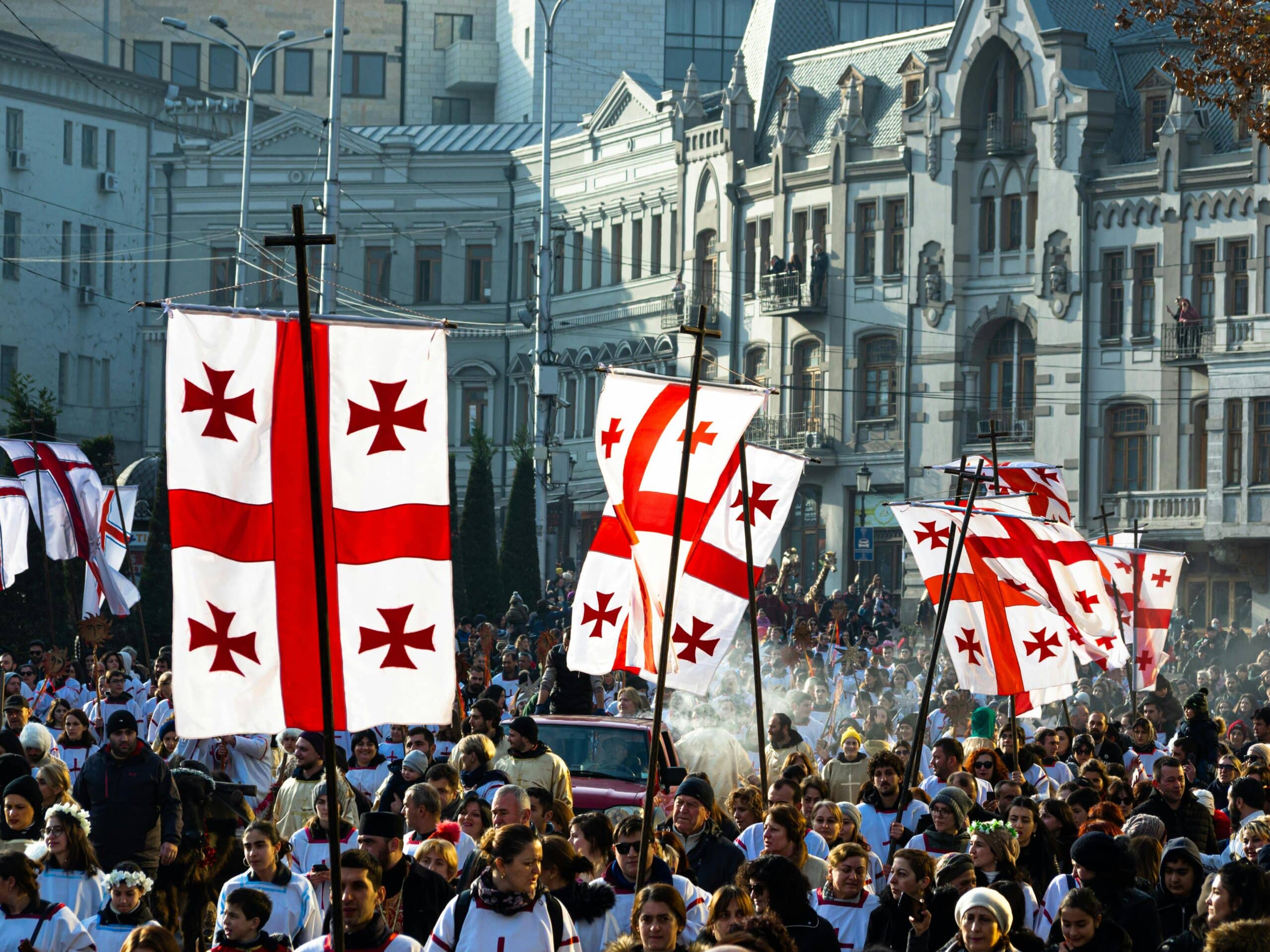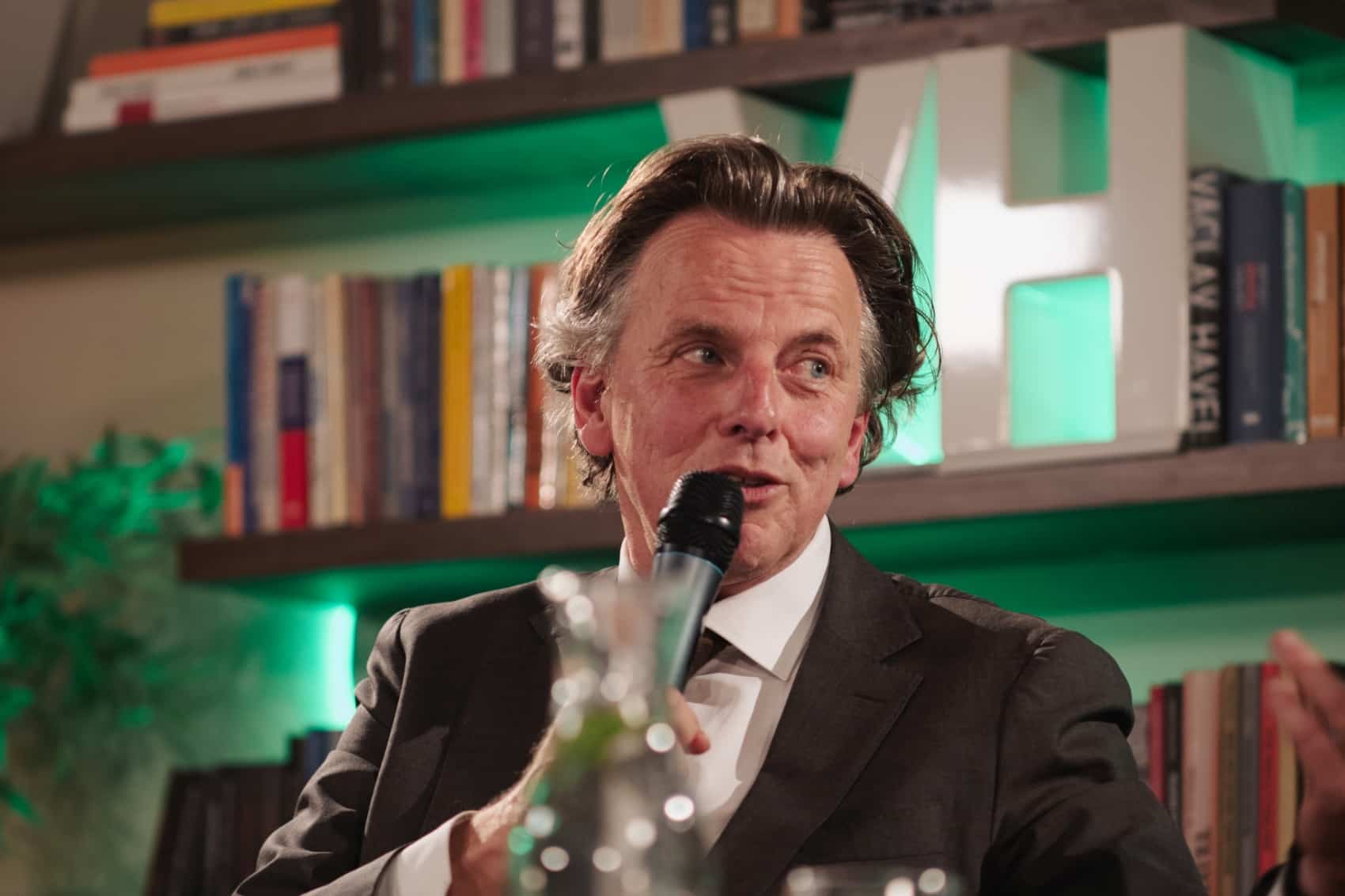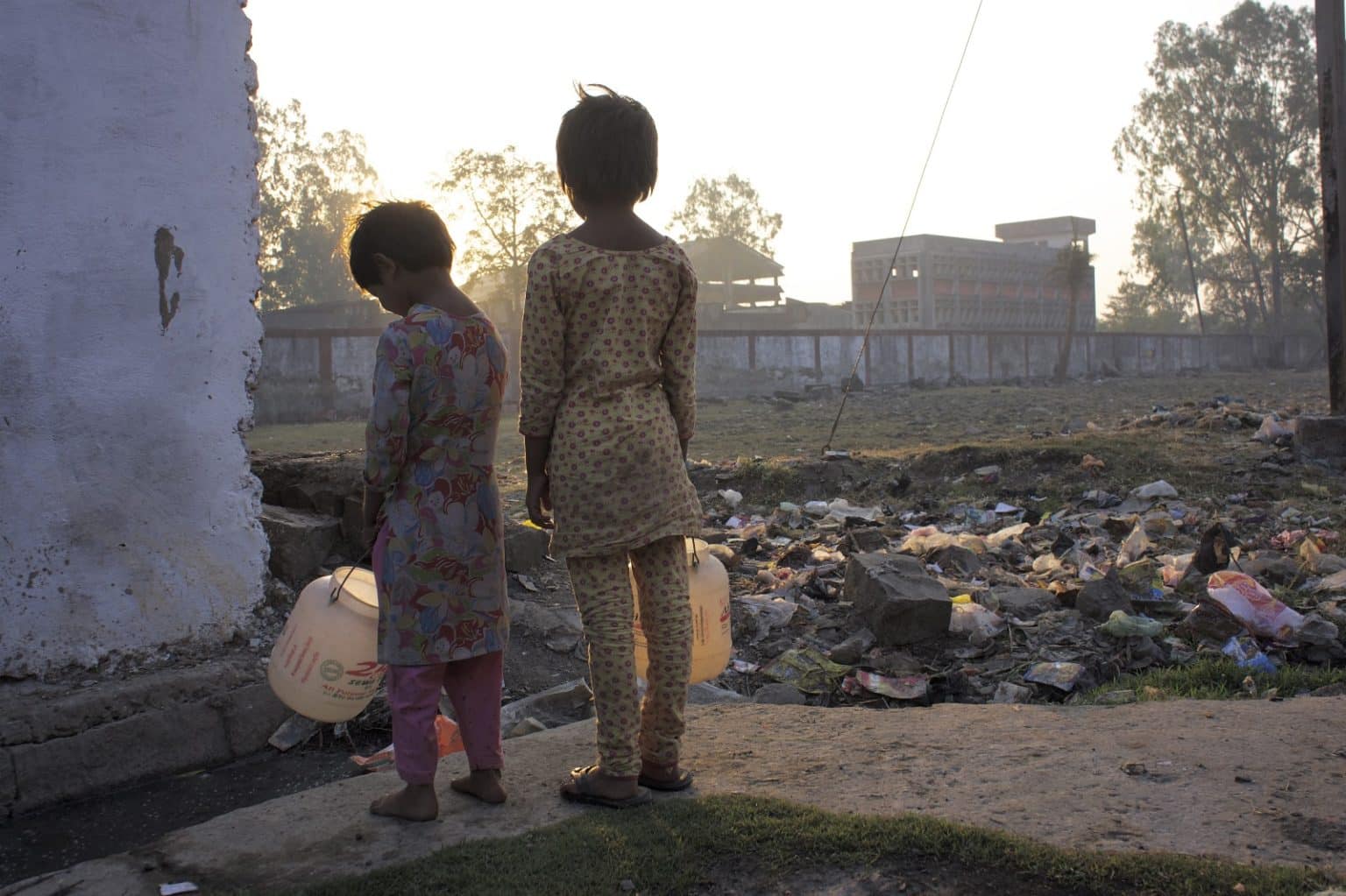On 10 November, Romanians will vote for a new president. The election campaign has begun and the playing field is wide. For the first time, a candidate from the progressive USR is running for the presidency.
Powers
The Romanian president is elected for five years and is supposed to be above the parties. He or she (so far always men) has to cancel party membership, represent the country at meetings of heads of state and cut ribbons. But the president also has a number of powers: he chairs the state security council, he can preside over the magistracy council, call a referendum, refuse ministerial appointments and send laws back to parliament.
Candidates
While the government is almost always of a left-conservative bent (led by the PSD, the former communists), Romania has always had a progressive president (what is called the 'right' in Romania) since 2004. The current president is Klaus Iohannis, an ethnic German and liberal who had built a solid reputation as mayor of the city of Sibiu. He is running for a second term. On the left, the candidate is a woman, Viorica Dăncilă. She is Romania's current prime minister, considered sympathetic by many but also weak and incompetent. The presidential candidate on behalf of the new USR party, representing the urban progressive middle class, is party president Dan Barna, a still unknown figure in national politics. Then there are plenty of other candidates, such as Kelemen Hunor from the ethnic Hungarian party (more than a million Hungarians live in Romania), Teodor Paleologu, a respected politician. An old actor, a monarchist and an ex-miners' foreman have also stood as candidates.
Forecast
Probably one round will not be enough. The incumbent president, Iohannis, is casting the highest vote. In the latest poll, he came in at around 40 per cent. Dăncilă can count on its solid supporters. PSD voters were always very loyal, accounting for around 40 per cent of the vote, but since the European elections this spring, that base seems to have shrunk. Dan Barna comes third, but will not carry enough weight to make it to the second round. The other candidates hardly stand a chance. If Dăncilă wins, it will be a tremendous boost for the establishment of party barons and power networks. If Iohannis wins, it will depend on the government whether Romania can make progress in key policy areas such as pensions, the environment, infrastructure and corruption. There are parliamentary elections next year.
By: Johan Bouman
Photo: Pixabay





